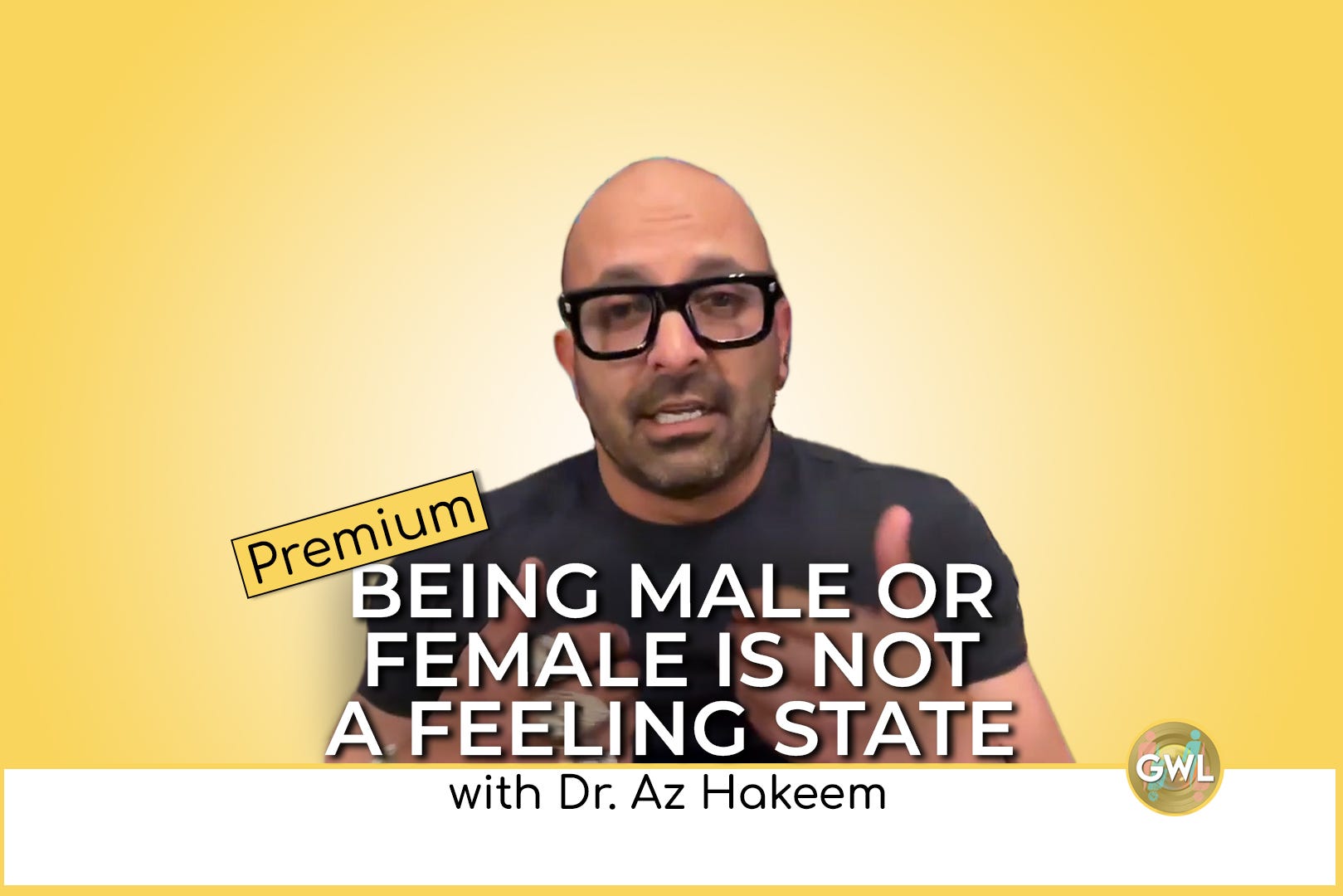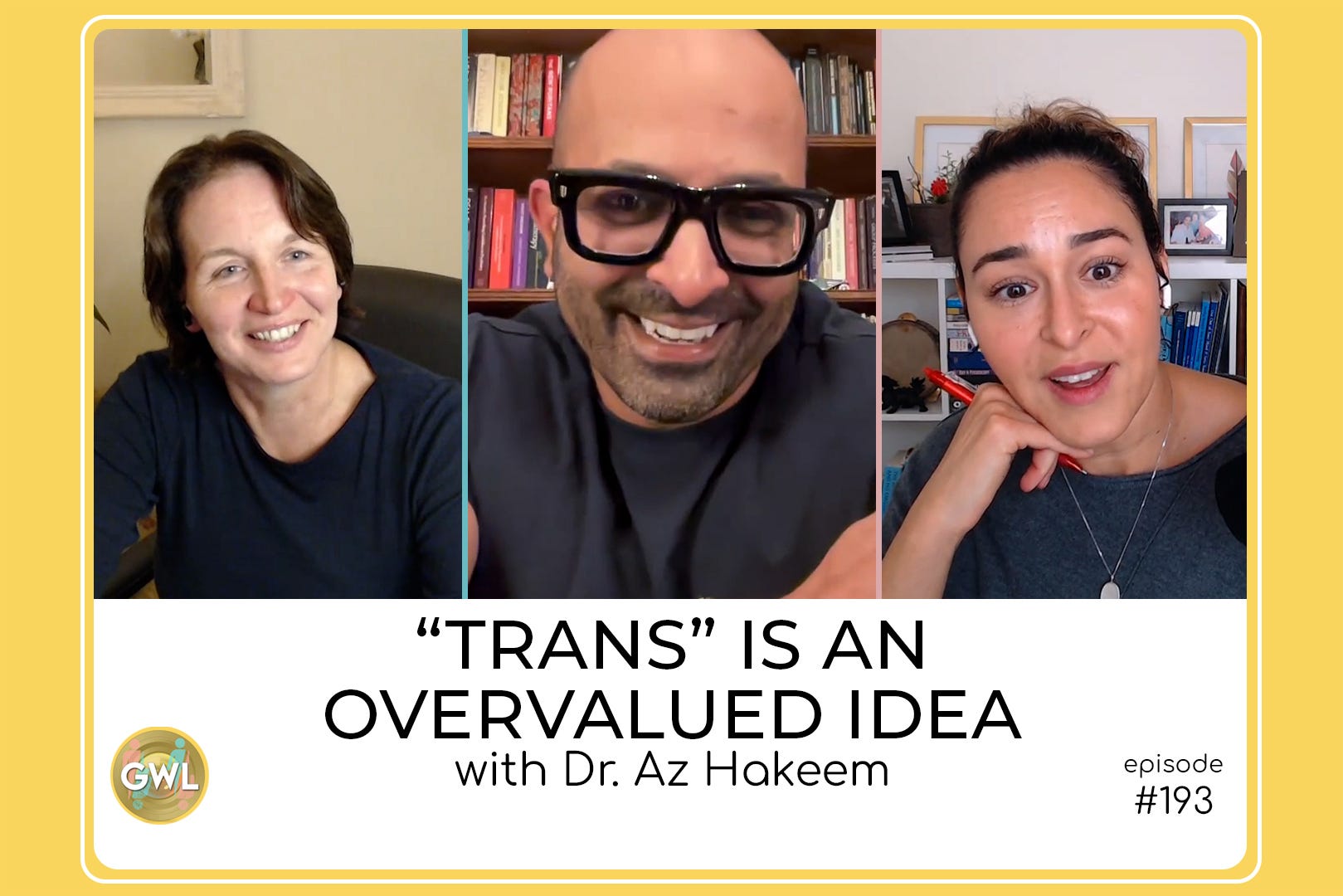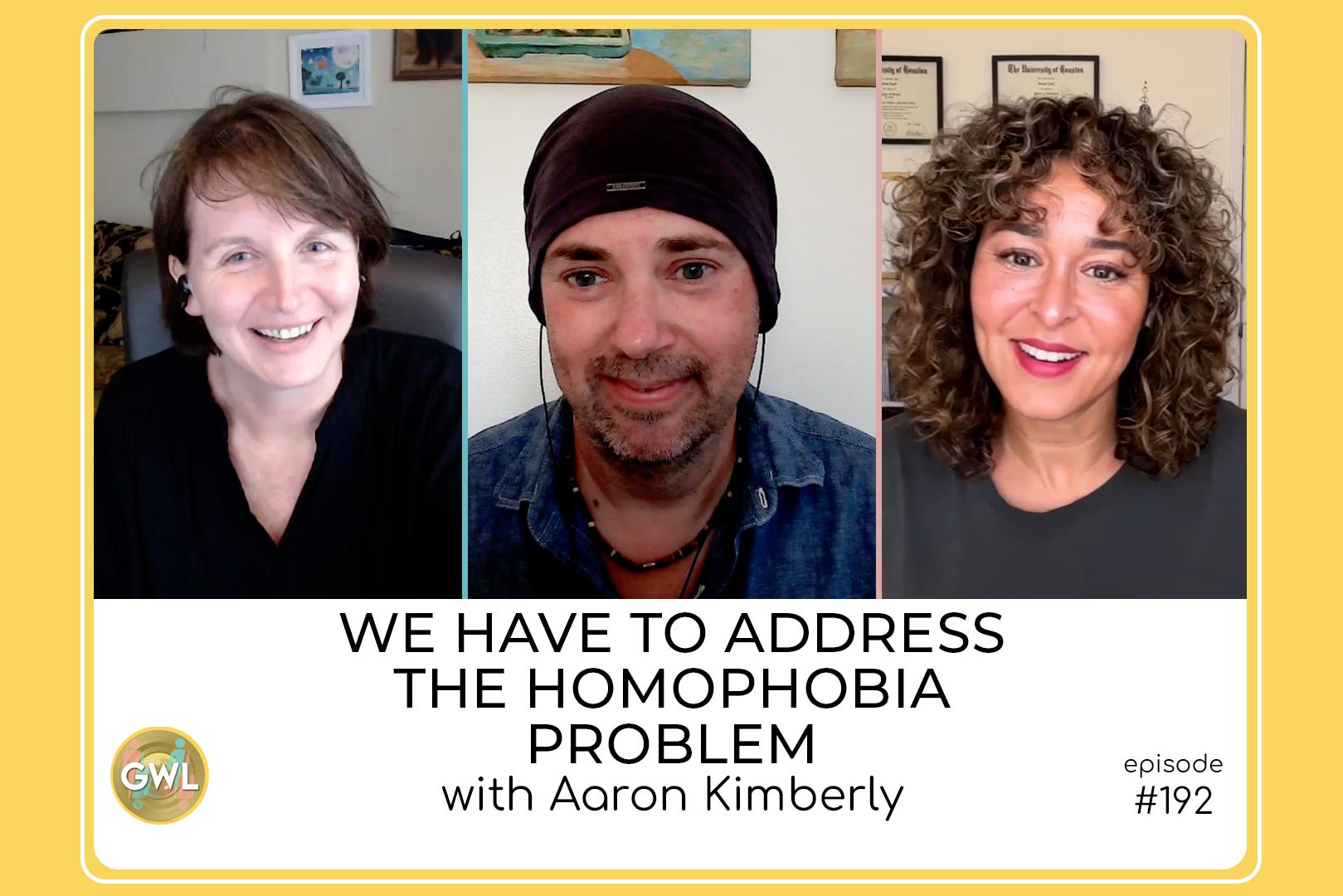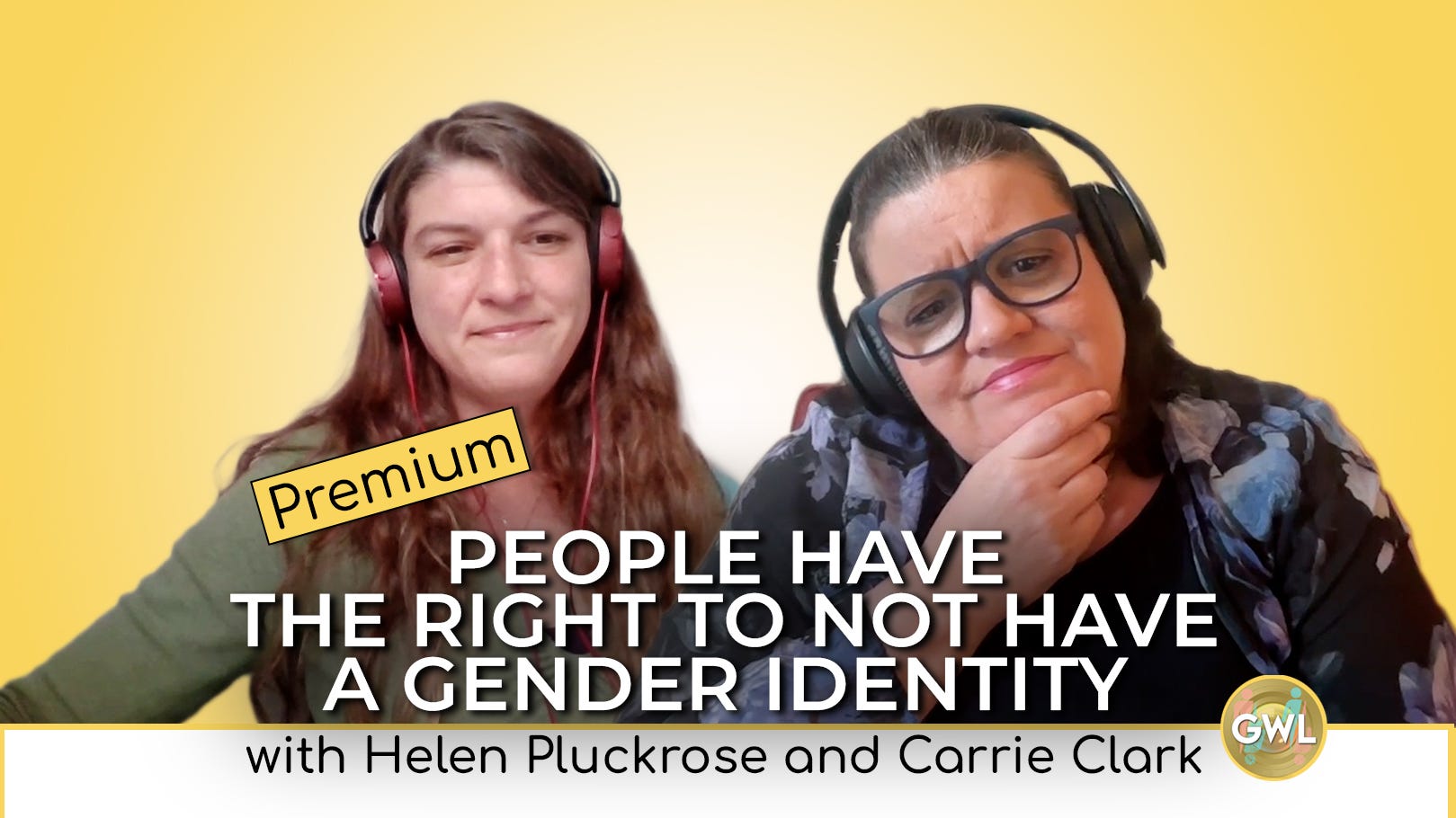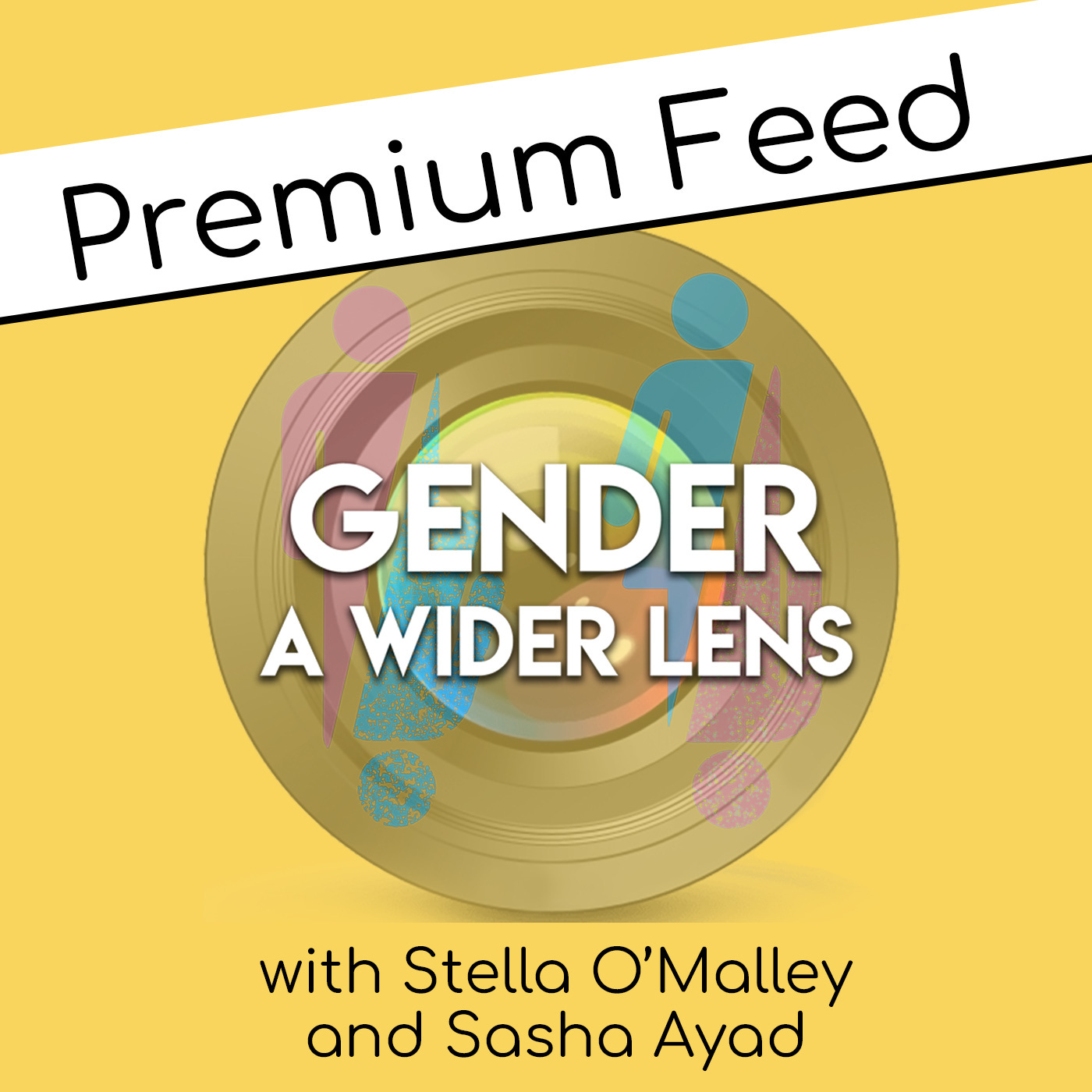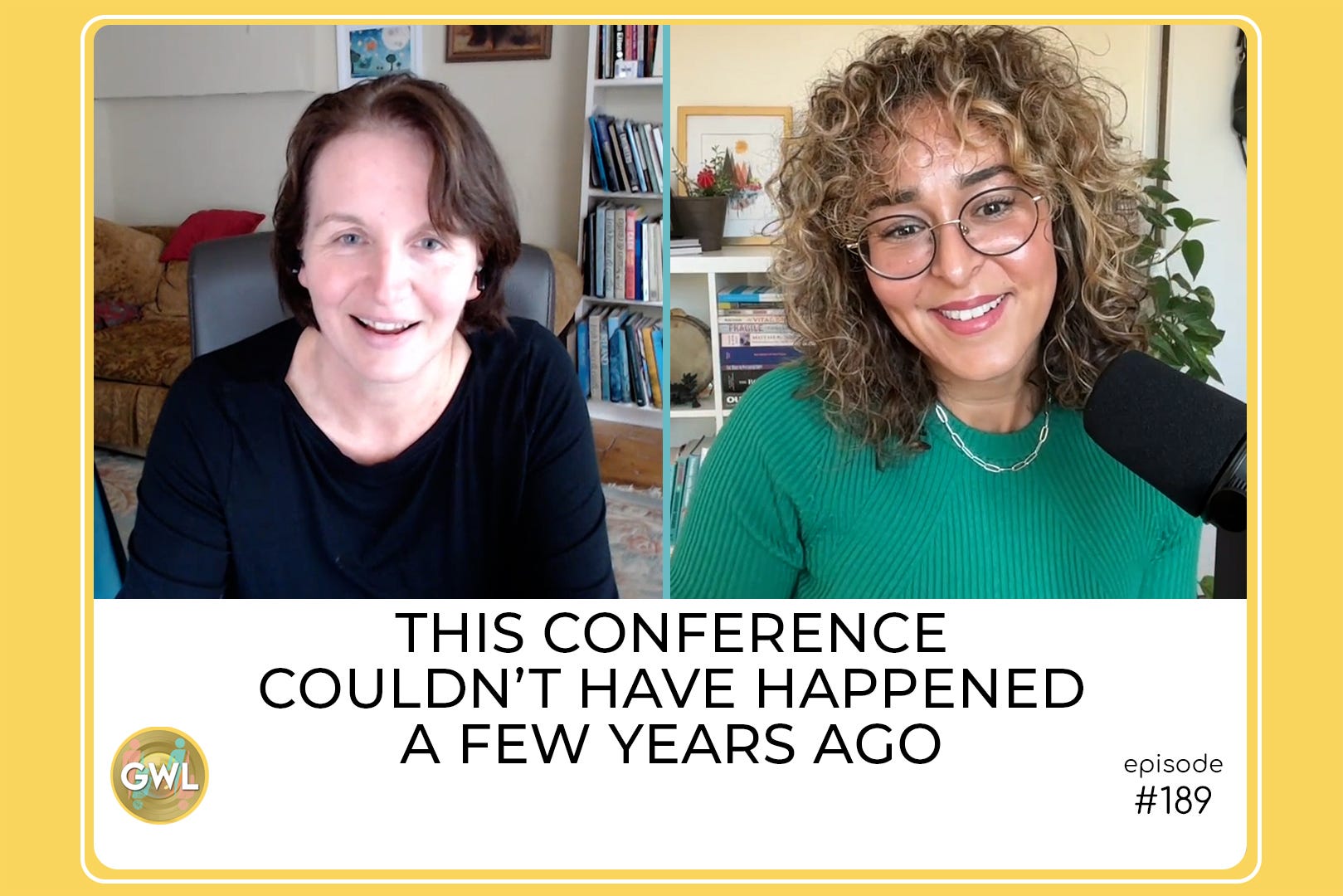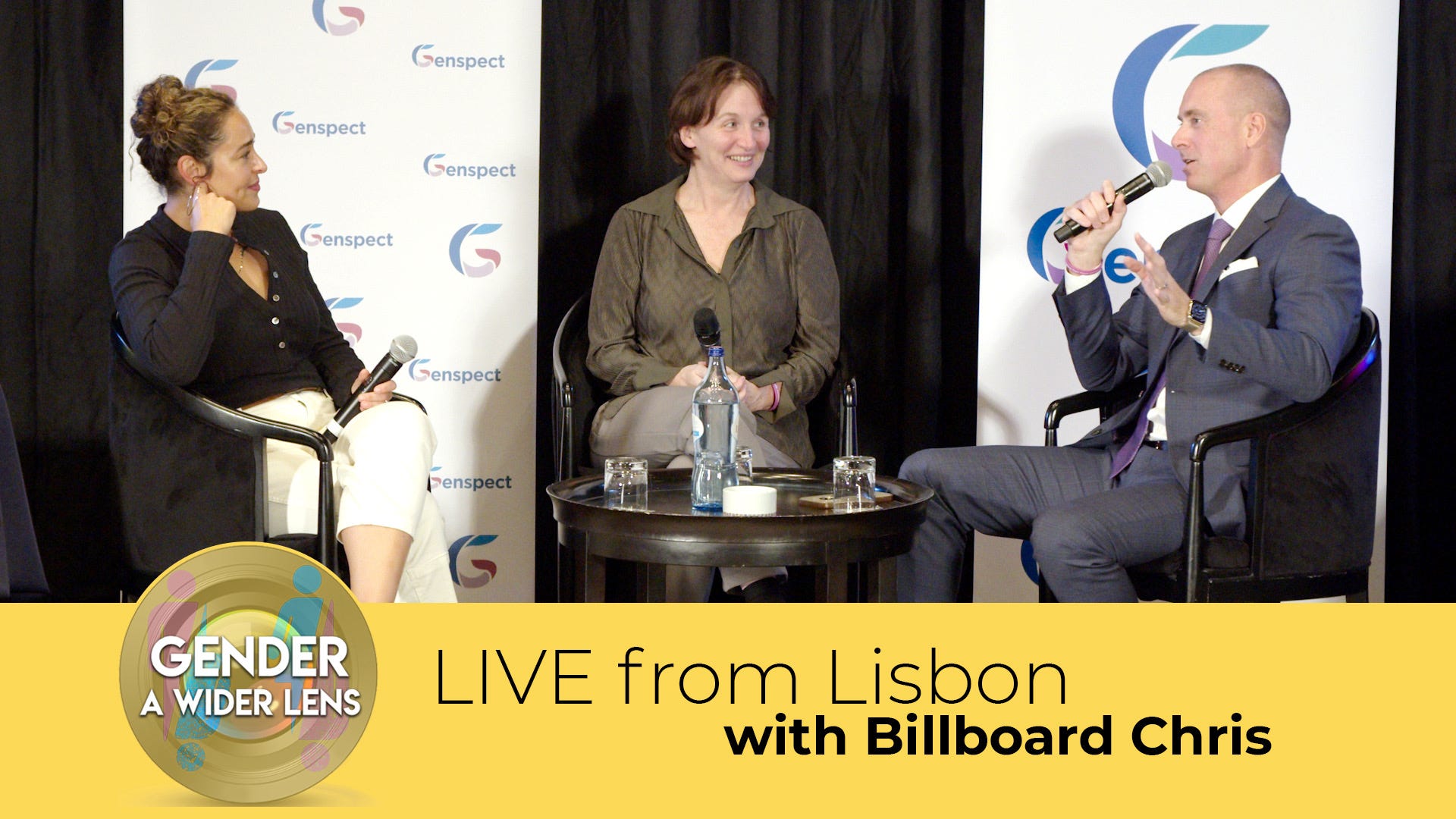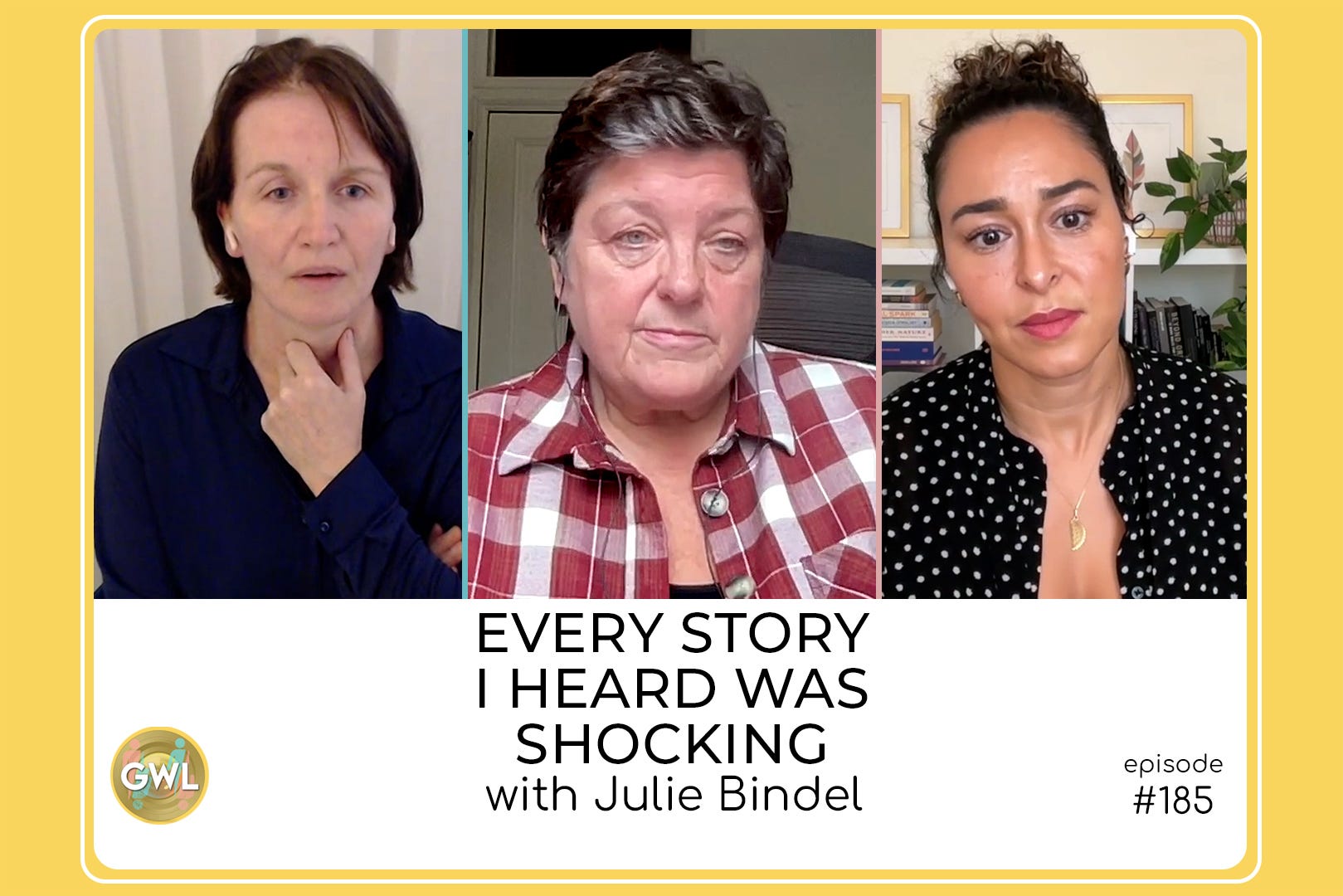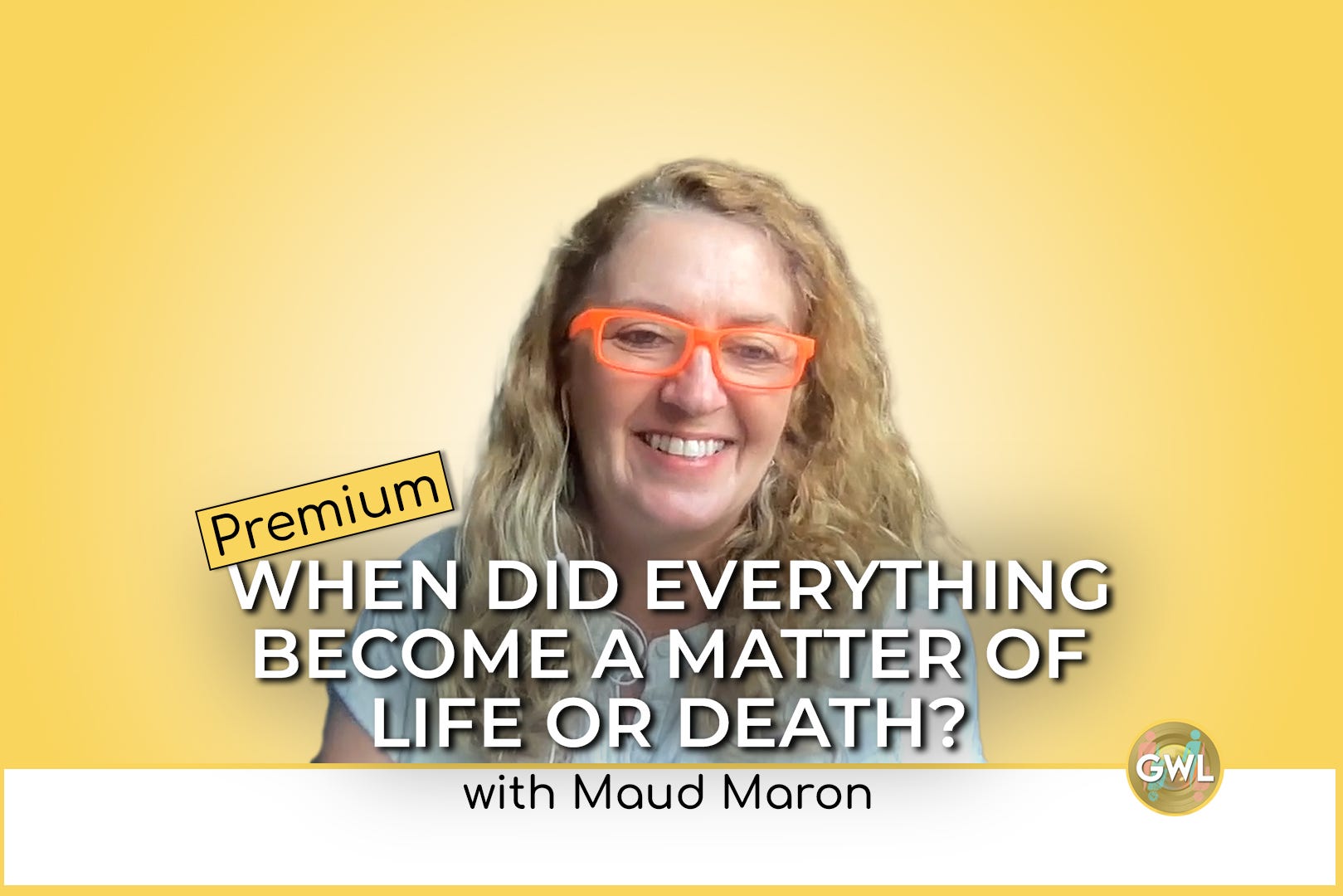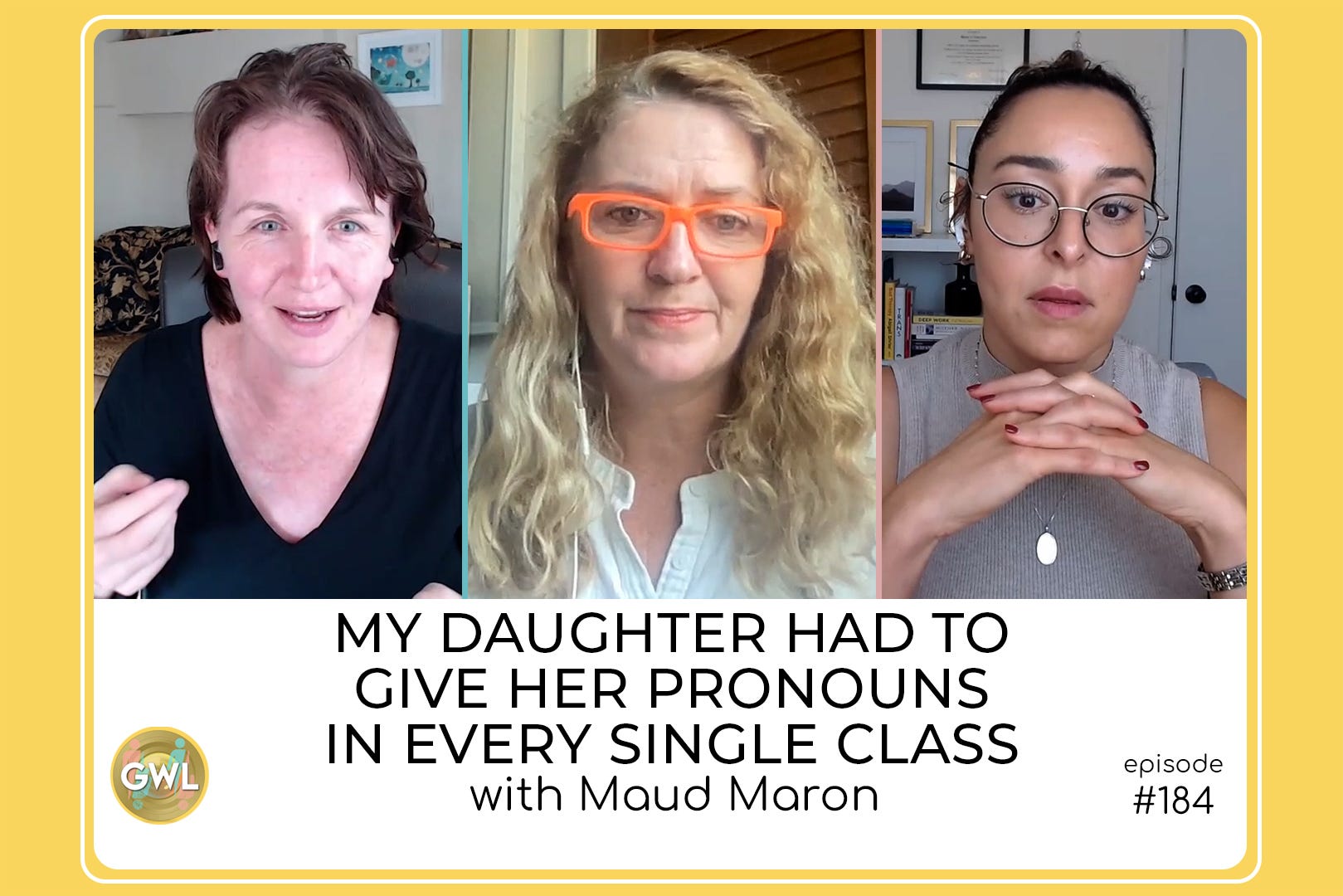Dysphoria Means Something Different to Different People
Description
Dysphoria is not a one-size-fits-all experience but rather a complex phenomenon that varies significantly from person to person. Factors like personal history, family dynamics, societal expectations, and even localized community attitudes all influence how dysphoria is felt and interpreted. While some people may experience dysphoria as an intense discomfort with their physical body, others may feel it more as a social dissonance or a sense of incongruence with traditional gender roles. This variability suggests the need for a patient, individualized approach, allowing each person the space to explore their identity in context rather than rushing into interventions that might overlook these diverse influences. By approaching gender questions with an individualized, patient-centered perspective, this approach supports genuine self-alignment and nurtures well-rounded personal growth.
In this bonus episode for premium subscribers, Aaron Kimberly advocates for both individual autonomy in gender expression and the importance of responsible, informed guidance that encourages authenticity without immediate recourse to medicalization. By focusing on informed choices and gradual exploration, Aaron argues, individuals can find alignment within themselves, rooted in authenticity and supported by thoughtful, attentive care; seek to understand the underlying factors of gender identity and dysphoria; and ultimately foster a process that encourages self-discovery, resilience, and growth.
Watch our full length episode with Aaron Kimberly: https://www.widerlenspod.com/p/episode-192
For instructions on setting up a private feed to listen to our premium content in your favorite podcast app, visit https://www.widerlenspod.com/p/how-to-listen-to-our-full-premium.



